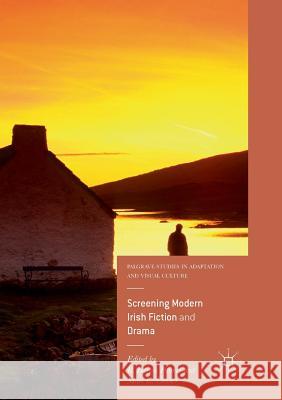Screening Modern Irish Fiction and Drama » książka
topmenu
Screening Modern Irish Fiction and Drama
ISBN-13: 9783319822204 / Angielski / Miękka / 2018 / 264 str.
Kategorie:
Kategorie BISAC:
Wydawca:
Palgrave MacMillan
Seria wydawnicza:
Język:
Angielski
ISBN-13:
9783319822204
Rok wydania:
2018
Wydanie:
Softcover Repri
Ilość stron:
264
Waga:
0.34 kg
Wymiary:
21.01 x 14.81 x 1.5
Oprawa:
Miękka
Wolumenów:
01
Dodatkowe informacje:
Wydanie ilustrowane











